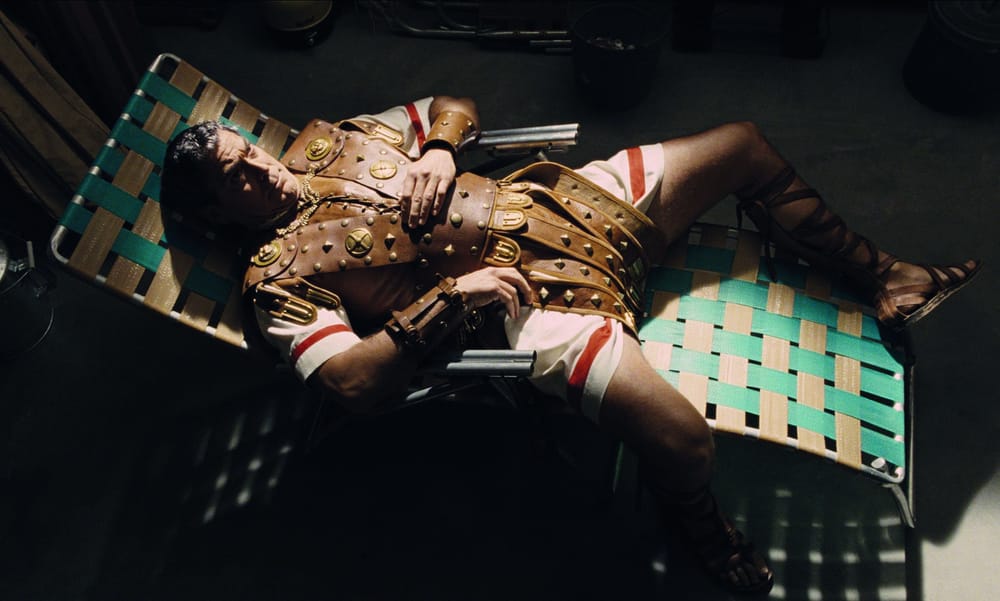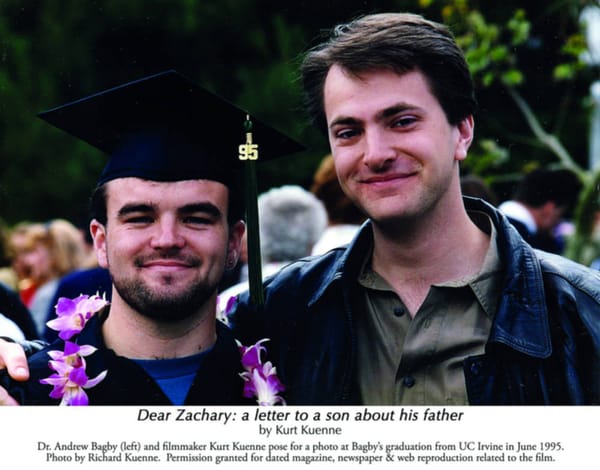Not all roads lead to Rome
The latest from the Coen brothers is solid filmmaking, but lacks a sense of energy

Old Hollywood’ is a hell of a drug. In an age of social media saturation and online engagement, we long for the halcyon days of the glamourous star, as perfect and distant as a far-flung constellation. No matter how much dirt is unearthed on the horror of the old studio system – which includes forced marriages, arranged murders, and dodgy mob connections – there’s still an aching for a time long past; a willingness to swap enlightened debates about gender and race for just one more Rita Hayworth flick. Hail, Caesar!, the latest from the Coen brothers, takes aim at our love for nostalgia, throwing us into the wheelings and dealings of the chaotic world of Hollywood, communist tap dancers and all.
Our guide in this world is Eddie Mannix (Josh Brolin), the head of production at Capitol Pictures, who works as a ‘fixer’, ensuring that the gossip columns are kept free of damaging details of stars’ sexual trysts, or unlicensed pictures. Set in 1951, the film takes place at a point when the studio system was beginning to decline, following the 1948 anti-trust rulings, but you wouldn’t know it based on how things are going. The studio is just about to finish production on their prestige picture 'Hail, Caesar!' (the first in a series of sub-films contained in this meta-movie), which features one of the biggest stars of the age, Baird Whitlock (George Clooney, challenging Kirk Douglas): it's stirring speeches, lounging around in togas, and perma-tan.
Unfortunately for Mannix, Whitlock is drugged and kidnapped by a shadowy cabal of communist screenwriters, direct from the nightmares of Joseph McCarthy. With the studio bleeding cash, and the picture unfinished, Mannix needs to get Whitlock back as soon as possible, while ensuring the story stays out of the papers, run by Thora and Thessaly Thacker (Tilda Swinton), a pair of warring columnist sisters. Along the way, however, Mannix faces a number of other problems, each of which allows the audience a small glimpse of the films being worked on. There’s DeeAnne Moran (Scarlett Johannson), a swimming starlet whose orchestra-led synchronised routine is being derailed by her burgeoning pregnancy making it difficult to fit into her fish-tail; Hobie Doyle (Alden Ehrenreich), a cowboy actor whose image needs changing, landing him in the lap of acclaimed director Lawrence Laurentz (Ralph Fiennes) currently making a classic period drama; and Burt Gurney (Channing Tatum) who is hiding a political secret, which is only revealed to us after we sit through a sailor-led dance routine – reminding us that Hollywood managed to simultaneously discriminate against gay people, and unironically enthuse about singing sea-men.
The film may have been reported as a ‘love letter to Hollywood’, but really the opposite is the truth: the films on display are all dire; they seem like campy schlock, and serve to remind us that for every Streetcar Named Desire there were countless other works deservedly consigned to the trashcan of history. At these moments, the film is at its acerbic best, the script imbued with a cutting, razor-sharp wit.
Hail, Caesar! should be a comedic balloon, but someone has let the air out
And yet, there was a nagging sense throughout that, as hard as I wanted to love the film, things just weren't working. There’s a lack of energy, and while individual scenes are fantastic, they are stitched together all higgledy-piggledy, revealing a lack of craftsmanship on the part of the Coens. Hail, Ceasar! should be a light comedic balloon, one that zips along like the best of screwball comedies, but it feels like someone has let all the air out, and the film plods instead.
Part of this is down to the plot: normally a high-point of the brothers’ films, in Hail, Ceasar! the different strands never come together, instead spinning out in all directions. Whitlock’s kidnapping, the central plot, stands alone, and the other characters never really seem to have anything to do with it – scenes hang there, only linked through Michael Gambon’s unnecessary narration. Furthermore, while the casting and acting is all excellent, there is a serious underuse of certain actors: Johannson, for instance, who spits out her lines with aplomb after chewing them through a New Jersey accent, is only really present for a couple of scenes, and we only get exposed to the magnificent Frances McDormand – who brings a spirit of physical comedy to the screen – in a single scene. It’s a real shame.
However, it is worth pointing out one great thing about the film, and that is the casting of Alden Ehrenreich, who up to this point has only had a handful of roles. The Coen brothers have a habit of picking excellent actors out of the pile of unknowns – think their choice of Michael Stuhlbarg in A Serious Man – and Ehrenreich is no exception. A doe-eyed ball of cinematic energy, Ehrenreich steals all scenes he’s in, whether it’s crooning at the moon in a pastiche Western, or performing lasso tricks with a piece of spaghetti to impress a Carmen Miranda-type, it is impossible to take your eyes off him.
With an exceptional cast, a punchy script, and a setting ripe for poking fun at, it seems that Hail, Caesar! had all the pins lined up for a barnstormer of a film, it just needed to knock them down. But something has gone wrong along the way, and – while amusing – the way the film drags means that Hail, Caesar! is destined to be one of the brothers’ lesser works, one they needed to put more effort into: Rome, as it turns out, wasn’t built in a day.









